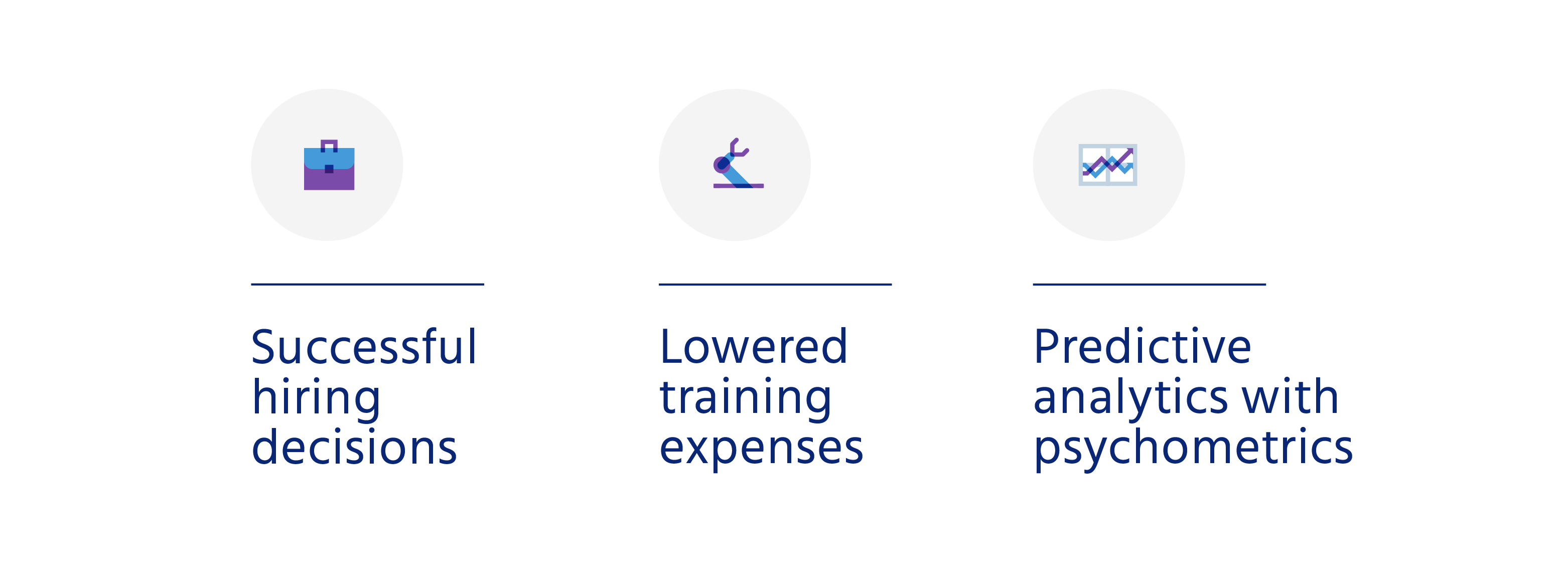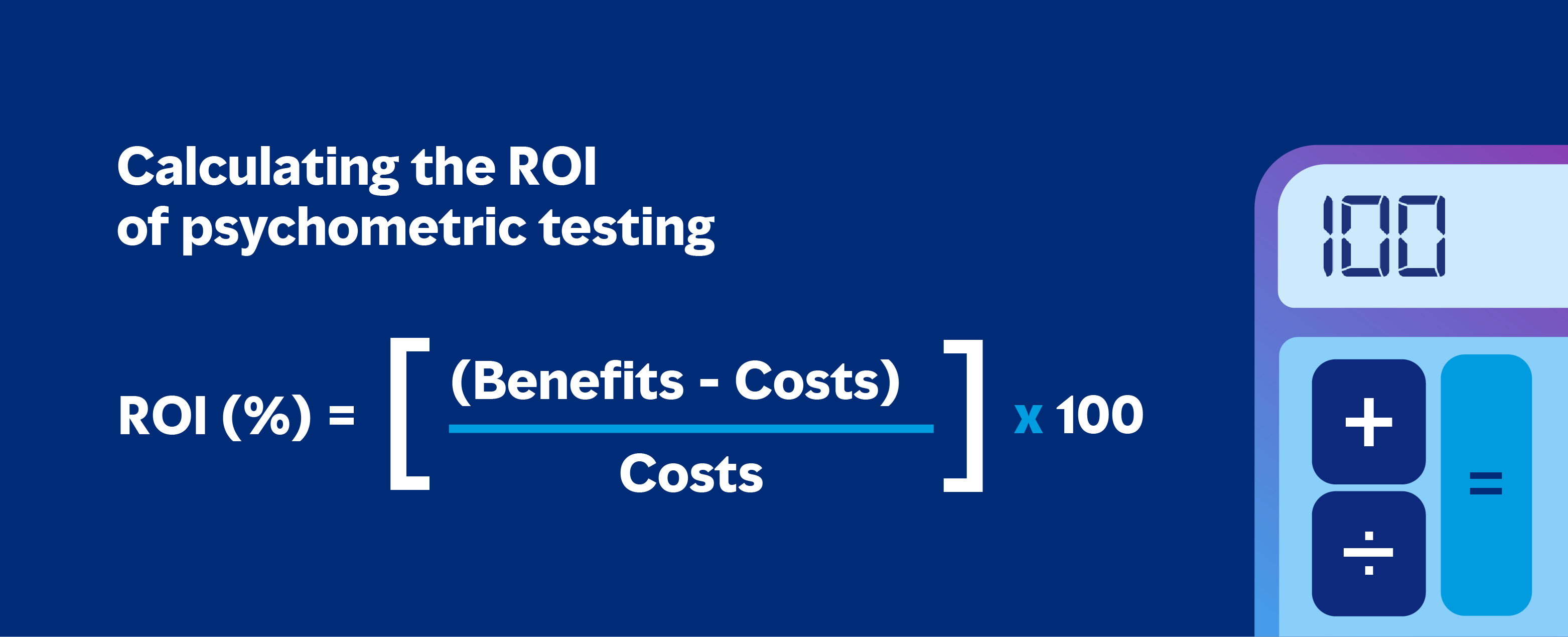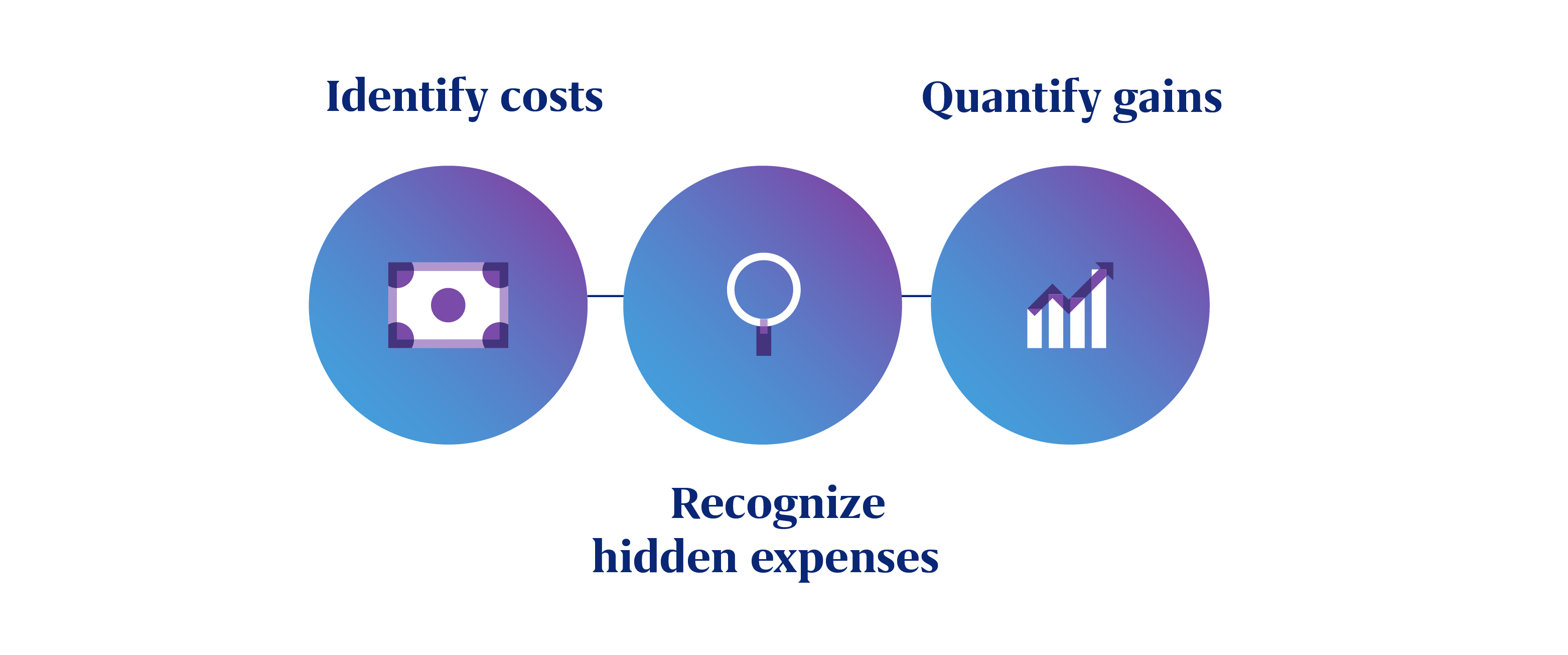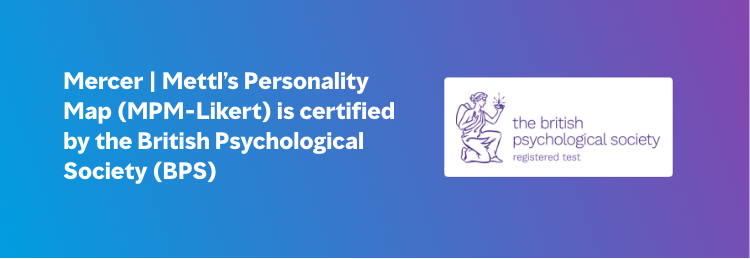In today’s volatile, uncertain, complex, and ambiguous (VUCA) business environment, where uncertainty and ambiguity prevail, making informed hiring decisions and emphasizing employee development becomes crucial to ensure organizational resilience and adaptability. Identifying the right talent and honing their skills enables companies to become agile and thrive amidst constant change and ambiguity.
Mercer | Mettl’s psychometric testing tools help companies find top-tier talent and foster the development of their existing workforce, contributing to a maximum ROI. Here is how:
In-depth evaluation of abilities and personality:
Mercer | Mettl’s psychometric solutions are objective and data-driven, providing a comprehensive view of a candidate’s personality traits, aptitude, intelligence, abilities, and behavioral style. By utilizing these tests, employers can recognize candidates who are job-ready and culturally aligned, furthering the avenues of long-term success.
Versatile solutions for varied needs:
Mercer | Mettl’s suite of psychometric tools offers the utmost flexibility. You can choose from various tests customized to your specific needs or have them tailored to fit your organization’s requirements.
Cognitive skills assessment:
Measuring an individual’s competence in logical thinking and problem-solving skills is critical. Mercer | Mettl’s psychometric solutions help you hire job-fit talent with high cognitive intelligence, pivotal for job performance and ROI.
Reliability and validity:
Mercer | Mettl’s psychometric testing tools are highly sought-after for their industry-leading reliability and validity standards. They are structured on validated scientific theories and practices, ensuring the test result reports are accurate and reliable for making important human resource and business decisions.
All-encompassing employee development:
In addition to hiring, these assessments are instrumental in creating a customized learning and development roadmap by identifying each employee’s primary areas of improvement. This comprehensive approach to professional development can contribute to improved performance and ROI.
Leadership talent pipeline:
Mercer | Mettl’s psychometric test solutions are equally helpful in recognizing and preparing future leaders from within the organization. Recognizing and nurturing leadership skills among employees will create a strong leadership pipeline of high-potential individuals, future-proofing the company and strengthening its ROI.
Workplace safety culture and management:
Mercer | Mettl’s personality assessments delve deeper, identifying dark personality traits that could jeopardize the safety of employees, customers, and overall work culture. This remedial approach enables businesses to maintain a positive, harmonious, and secure workplace, minimizing unforeseen risks and affecting ROI positively.









 Behavioral Competencies
Behavioral Competencies Cognitive Competencies
Cognitive Competencies Coding Competencies
Coding Competencies Domain Competencies
Domain Competencies




































Would you like to comment?